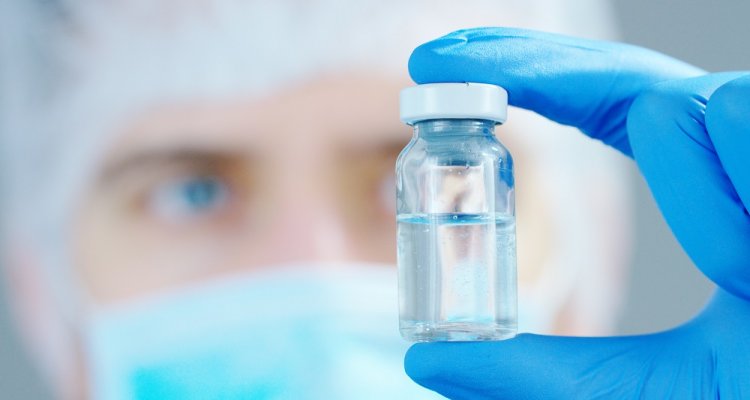
Project
Development of an intranasal vaccine against COVID-19
A vaccine against COVID-19 will be developed by a newly established public private partnership that combines the coronavirus expertise from Utrecht University, the viral vector technology and animal facilities from Wageningen Bioveterinary Research (WBVR), and the vaccine production technology from The Institute for Translational Vaccinology (Intravacc).
The emergence of severe acute respiratory syndrome coronavirus 2 (SARS-CoV-2) in China at the end of 2019 has resulted in a global outbreak (COVID-2019 pandemic). The rapid spread of the disease has overloaded the public health sector and severely affects the global economy. In order to control spread of the virus, countries have demanded complete or partial lock-down since the virus is easily transmitted via droplets or direct contact. Clearly, a vaccine that protects against this disease is urgently needed in order to prevent further spread, ICU admissions and mortality.
Intranasal vaccine against the novel coronavirus
We aim to develop an intranasal vaccine to protect humans against COVID-19. The vaccine will consist of a Newcastle disease virus (NDV) vector that expresses the immunogenic spike (S) protein of SARS-CoV-2, which is an important target for neutralizing antibodies. NDV has been shown to be safe for intranasal/intratracheal delivery in mammals, including non-human primates.
A safe and effective vaccine
The efficacy and safety of the vaccine will be tested in a pre-clinical animal model. Furthermore, a scalable vaccine production process will be developed once the vaccine has proven preclinical efficacy.
The availability of a safe and efficacious vaccine against COVID-19 will have a large social and economic impact by reduction of severe disease and mortality, lifting bans on (inter)national travel and large gatherings, as well as by reducing the burden on the public healthcare system.
Using reverse genetics
WBVR has developed a technique called ‘reverse genetics’. This allows genetic modification of Newcastle disease virus (NDV). NDV can cause disease in birds but is harmless for mammalian species including humans. WBVR has used the reverse genetics technique to develop NDV as a vaccine vector against human and animal infectious diseases. This vector technology will now be used to generate a vaccine against COVID-19.
About Intravacc’s Vero cell platform
Intravacc’s viral vaccine production process is based on a cGMP-grade, regulatory approved, Vero cell line. This platform is being used for routine large-scale commercial vaccine manufacturing by clients world-wide. In addition, virus seed lots and clinical batches have regularly been produced on the Vero cells, for example Poliovirus, Enterovirus (EV71), and Respiratory Syncytial Virus (RSV).



